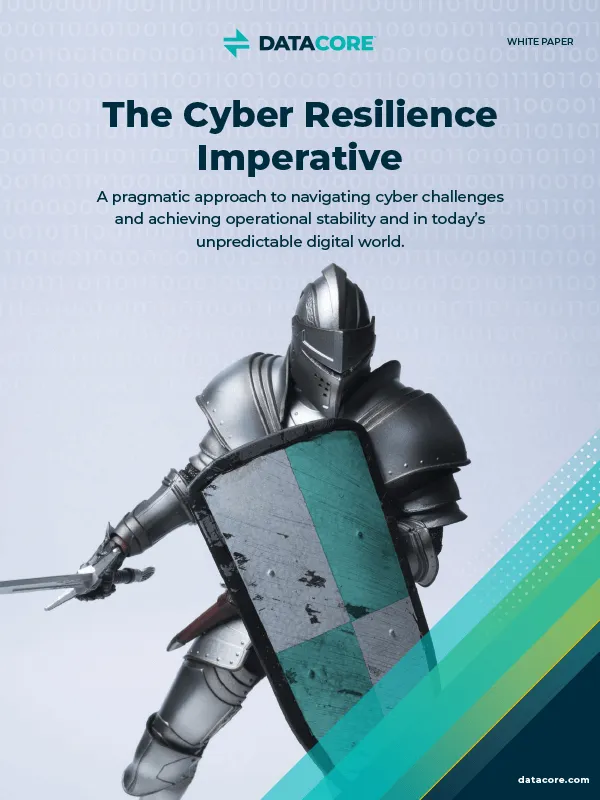Customer experiences can make or break brands. Some of the world’s most successful apps, such as Uber, are powered by a highly distributed software architecture that relies on fault tolerant and highly reliable infrastructure. For many, the only way to deliver the required levels of performance and availability is through software and automation.
Meet Modern Demands with Software-Defined Infrastructure
Software defined infrastructure, or SDI, has evolved and become a proven technology playing a key role in enabling digital transformation because it provides extraordinary agility, scalability and competitive advantage. For digitally ambitious enterprises software defined infrastructure has become the go to option to adopt a new architecture paradigm fit for the cloud native era.
Why? Because software defined infrastructure meets modern demands of speed, scale and automation; it also helps cut costs, simplify IT management and eliminates platform silos in the datacenter. And how does it do this? Software defined solutions intelligently manage infrastructure resources such as compute, memory and storage which are managed by software with minimal human intervention.
They are independent of the underlying hardware and work with industry standard service saving costs, and they enable policy based automation of IT operations such as monitoring, provisioning and configuration, making it much more flexible and easier to deploy and upgrade than traditional hardware defined systems.
Software-Defined Solutions Offer Speed, Agility & Efficiency
Software defined storage is a critical component of SDI. Next generation software defined storage solutions such as DataCore’s SDS platform are evolving beyond just block storage to also now include file storage and object storage. That makes them suitable for almost any workload out there and provides a panoply of benefits.
It facilitates better economics, hardware flexibility and quick integration of new storage as they come into the datacenter. Next generation software defined storage solutions such as DataCore’s SDS platform are available either as a software or as a hyper converged appliance. They provide a single pane of glass for management by unifying heterogeneous primary storage and secondary storage and help in dynamic tiering of data, access and capacity management.
Most importantly, they provide real time or near real time visibility into infrastructure state and augment the information with machine learning driven analytics to push the desired state of infrastructure through programmatic interfaces.
In the next five years the need for speed, agility and efficiency will push demand for next generation software defined storage. IDC forecasts it to be the fastest growing storage software component for the next five years driving double digit revenue growth up to 2022 globally.
In Western Europe where there is cautious adoption of public cloud, software defined storage is seen as a cloud like alternative technology to modernize the datacenter. Here IDC forecasts an even accelerated growth.
IT Modernization Challenges
Have you ever wondered why getting IT transformation right is still a challenge for your organization? In many cases businesses have modernized frontend applications but have not paid enough attention to the core IT infrastructure leading to a struggle to support the dynamic demands of modern, cloud native applications.
They leave much to be desired for. IDC research shows that for enterprises today the top priorities are improving automation and orchestration of storage systems, improving storage performance, enhancing disaster recovery and using analytics for infrastructure management.
Digitally transformed enterprises are already using software defined architectures across their entire infrastructure lifecycle to automate many things, from delivering forecasting models to provisioning infrastructure, from capacity management to mitigating and remediating things. That datacenter is their business enabler.
Prepare for a Software-Defined Future
Have you had a good, hard look at where your IT infrastructure is heading recently? Are you ready for the future? If you want to be among the organizations that will lead the way in the digital economy you should already be evaluating future developments such as containers, multi cloud dev ops and cloud native applications. And if you’re heading this way, moving to a software defined infrastructure should be the bedrock of your IT strategy.

